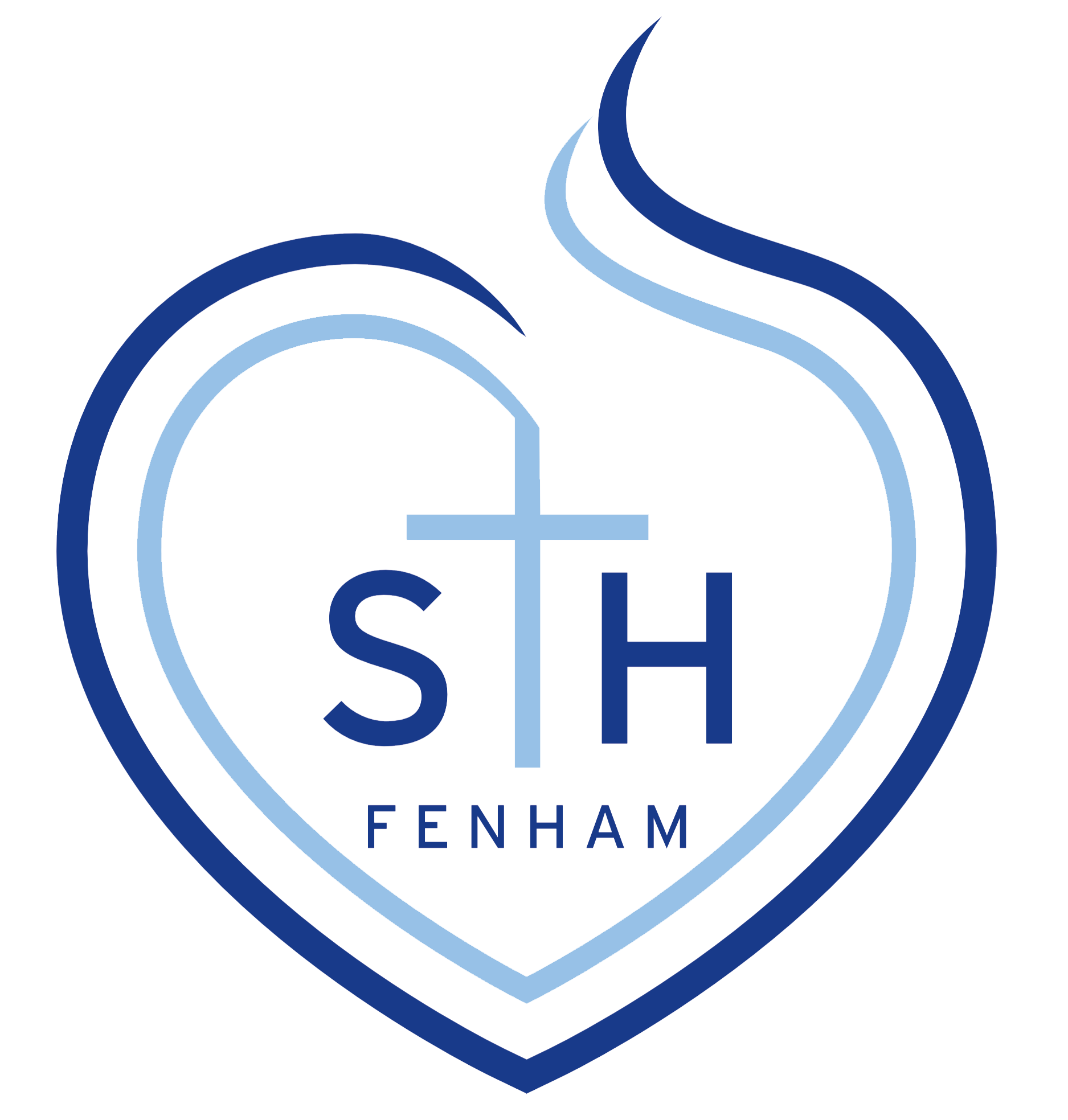"Courage & Confidence" | St Madeleine Sophie Barat
Founded in 1905 by the Sacred Heart Society

CURRICULUM:
ENGLISH
DEPARTMENT STAFF
HEAD OF DEPARTMENT:
MRS K BANNISTER-GREY
Teaching Staff: Miss L Connolly, Mrs JM Perry, Mrs L Floyd, Mrs N Swan, Miss A Mackay, Mrs J Richardson, Ms R McCabe, Mrs S Sweet, Mrs R Webb, Mr R Robertson, Miss E Duncan, Miss O Milburn
KEY STAGE 3
All students are assessed throughout each year in the three key strands of Reading, Writing and Speaking and Listening. Skills in these areas are developed through focus on a range of fiction and non-fiction texts. Students study Shakespeare every year and prose writing from the English Literary tradition, as well as engaging with the work of contemporary writers and poets. The study of non-fiction texts is interleaved throughout each term in every year of KS3.
Year 7
Autumn Term Theme: Victorian Literature and Society
To include a study of either Great Expectations or A Christmas Carol, by Charles Dickens, alongside both contemporary and 19th century non-fiction.
Spring Term Theme: 'Dark Tales’: Gothic, the Supernatural, and the Dramatic Monologue
To include the study of a range of short stories and dramatic monologues.
Summer Theme: Magic and Mythology
To include a study of A Midsummer Night’s Dream by William Shakespeare and extracts from classical mythology.
Year 8
Autumn Term Theme: Heroes: the Tragic Form, the Origins of Rhetoric and Epic Poetry
To include a study of Macbeth by William Shakespeare and extracts from epic poetry, including Beowulf and the Iliad.
Spring Term Theme: Exploration of Genre
The study of a range of different literary genre (including utopia and dystopia, YA fiction and detective fiction) and their characteristics.
Summer Term Theme: Adventure Writing
To include the study of Treasure Island, by Robert Louis Stevenson, as well as extracts from other adventure fiction, and travel writing.
Year 9
Autumn Term Theme: Freedom Writing: speeches, stories and poetry
To include a study of a range of texts of various genre, including feminist, post-colonial, and autobiographical writing.
Spring Term Theme: Forbidden Love
To include the study of a contemporary novel – Kazuo Ishiguro’s Never Let Me Go – and the sonnet form, both traditional and modern.
Summer Term 1: Much Ado About Nothing
The study of Shakespeare’s play Much Ado About Nothing, and revisiting the conventions of tragedy and comedy.
Summer Term 2: Introduction to GCSE English Literature Texts
Students will read and explore the context of either Jane Eyre or An Inspector Calls.
KEY STAGE 4
All students study AQA GCSE English Language and Literature. We follow two routes through the course of study. One cohort completes GCSE English Language in Year 10, sitting their examination in the summer exam period (May/June) at the end of Year 10. The second cohort studies both courses for two years, sitting exams in both English Language and English Literature at the end of Year 11.
The course of study is as follows:
A 19th century novel - Jane Eyre or Dr Jekyll and Mr Hyde
A modern text - Lord of the Flies or An Inspector Calls
AQA poetry anthology: Love and Relationships
Explorations in Creative Writing
Writers’ Viewpoints and Perspectives
Spoken Language
KEY STAGE 5
A Level English Literature (AQA Specification A) is a fascinating and thorough exploration of how ideas in society have shaped literature over time, foregrounding the importance of socio-historical context when reading and studying literary texts. We study love literature through the ages: a mixture of poetry, prose and drama from 1500 to the early 20th century, including The Great Gatsby and Othello. This part of the course also helps students to develop their understanding and appreciation of poetry, looking at an anthology of love poetry and unseen poetry. Students also study the ‘Modern Times’ unit, which examines the impact of changing ideas in the second half of the 20th century on literature, centring on the study of Oranges are Not the Only Fruit, Carol Ann Duffy’s Feminine Gospels, and A Streetcar Named Desire. Students also have the opportunity to complete an independent piece of coursework, comparing the impact of changing ideas over time on Frankenstein and a text of their choice.
A Level English Language (AQA) allows students to get to grips with how individuals use language in different contexts. We cover various topics such as how children learn to use language within the topic of language acquisition, how language develops and changes in the topic of language change and how we adapt of language to different contexts in the topic of language and diversity (focusing on accent, dialect, gender, age etc). This course is suited to those who have an interest in how people express their identity through language according to the various groups they belong to.
A Level Film Studies (Eduqas) is a mix of the practical (film-making) and the analytical. We study films from the earliest documentaries and the silent era, through the Studio System in Hollywood, right up to the latest releases. This course is suited to those who love watching films, who have a strong grasp of essay writing, and those of a creative bent, who enjoy making their own short films.
A Level English Language and Literature (AQA) is a new course for 2023 and allows students to explore elements of both subjects, with a focus on stylistic analysis of fiction and non-fiction texts. We study a range of multi-modal texts, exploring how stories are told and used, and how language is used to create narratives in a range of genres, including poetry, prose, drama, and non-fiction texts. This course differs from the single subject A Levels as it aims to explore connections between the two fields of study. There is also a significant creative writing component, which allows students to apply their knowledge through re-creating the ‘lost voices’ of literary texts. Students develop skills as producers and interpreters of language by creating texts themselves and critically reflecting on their own processes of production.
